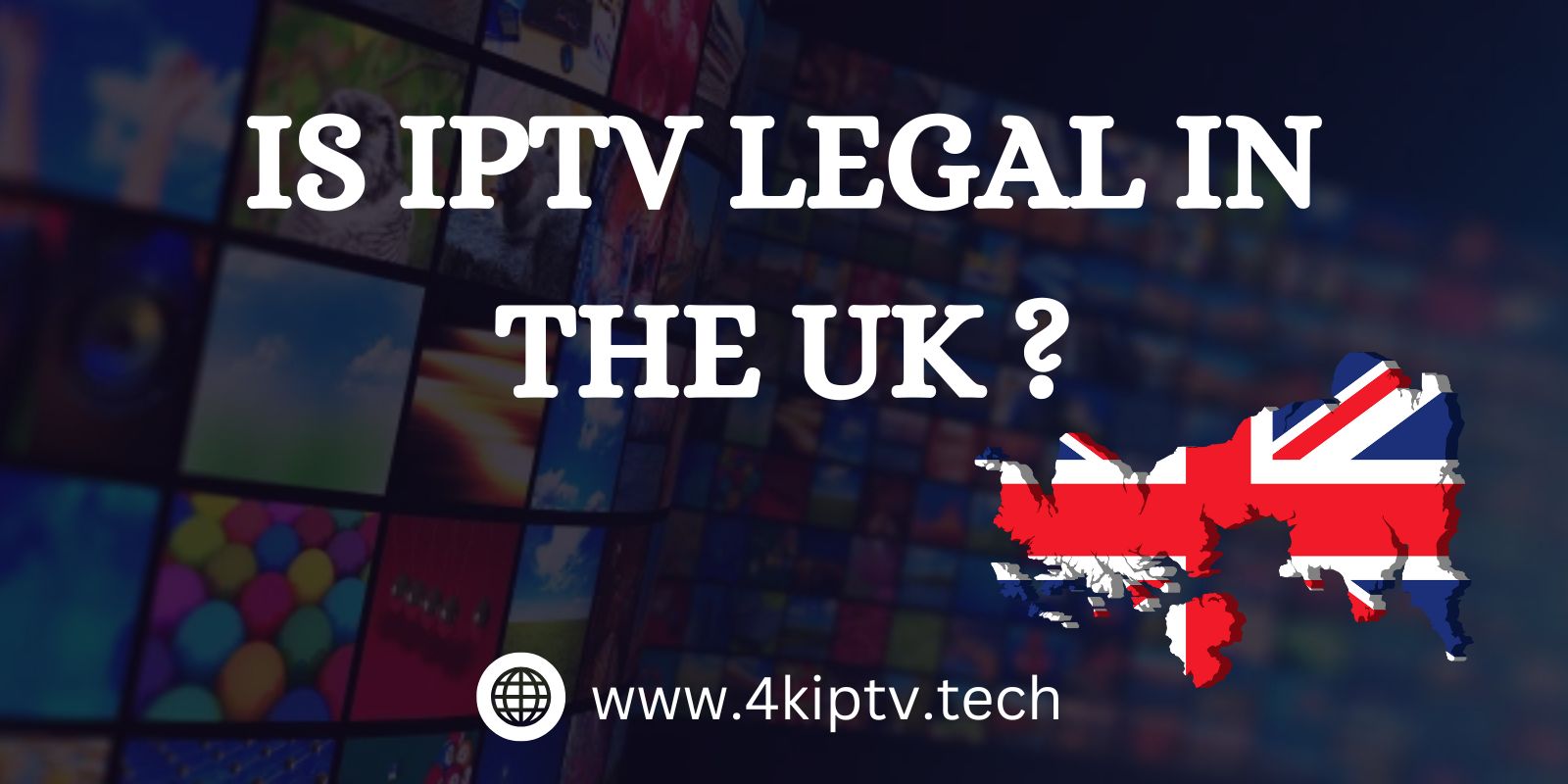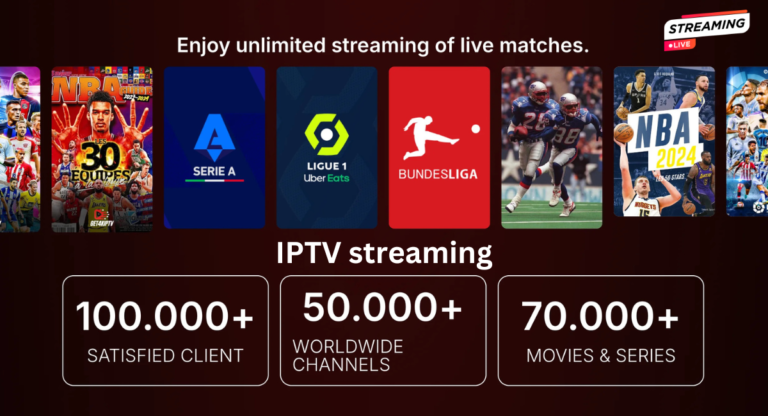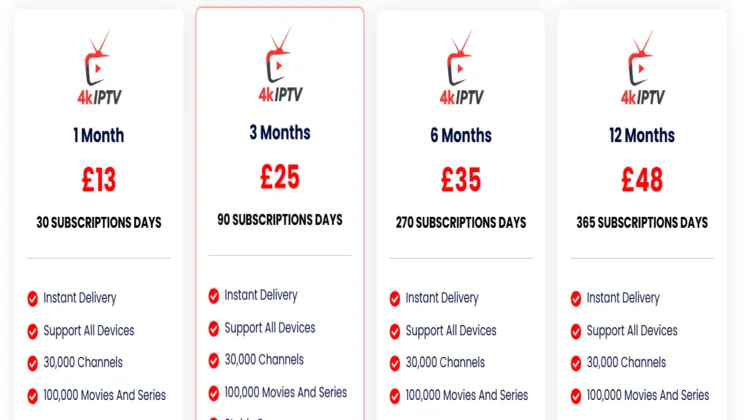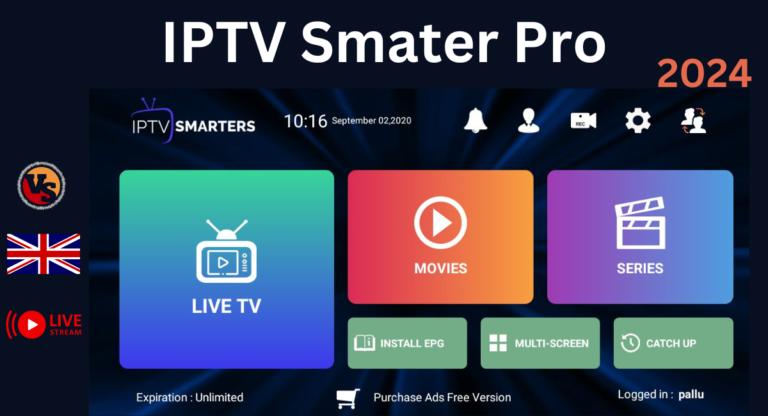Is IPTV Legal? Closer Look at IPTV Law in 2025
In the age of streaming, traditional television services are being outpaced by Internet Protocol Television, commonly known as Is IPTV Legal. Many people searching “IPTV is it legal” on Google want to know whether this modern streaming option is a legitimate alternative to conventional cable. To answer this question in detail, let’s examine what IPTV is, how it works, and the legal factors associated with it.
What is IPTV?
IPTV, or Internet Protocol Television, refers to the delivery of television content over the internet, allowing users to stream live broadcasts and on-demand content. Instead of relying on traditional broadcast formats like satellite or cable, IPTV transmits data packets directly over the internet. This setup has gained massive popularity due to its flexibility, affordability, and ability to provide access to a wide range of channels and content.
Unlike cable, which has a set broadcasting schedule, Is IPTV legal offers on-demand content, allowing viewers to watch shows, best iptv providers for movies, and sports when they choose. With IPTV, viewers can access:
- Live TV: Streaming of live channels in real-time.
- Video on Demand (VoD): Content that viewers can access anytime.
- Time-Shifted TV: Allows users to watch programs after they’ve aired, often within a limited window.
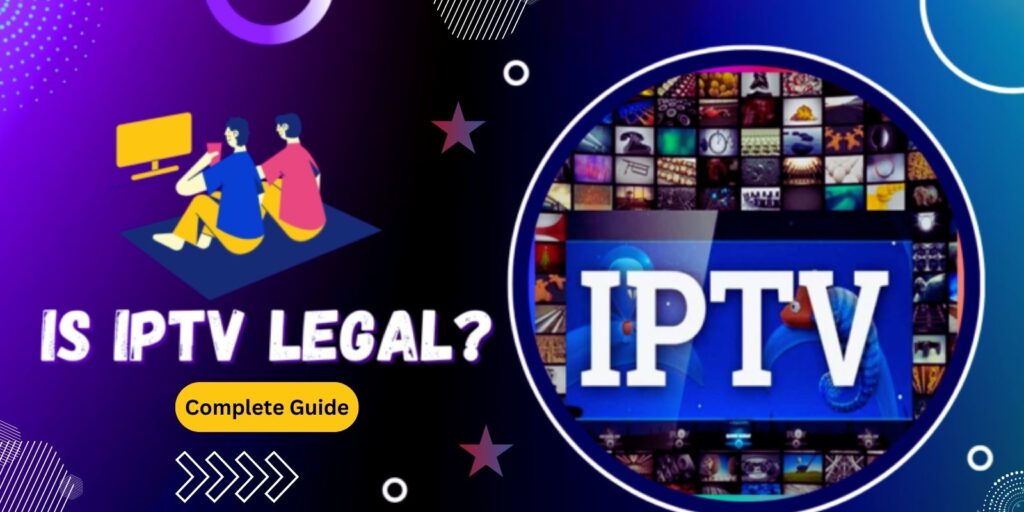
IPTV’s Legal Ambiguity
Whether IPTV is legal or not depends on the provider’s licensing agreements with content owners. Licensed best IPTV providers operate under the same legal framework as cable or satellite providers, holding necessary distribution rights for the content they stream. Conversely, unlicensed is 4k IPTV legal services broadcast content without obtaining rights, making them illegal.
If you type “IPTV is it legal” into Google, you’ll find results highlighting both licensed and unlicensed is IPTV legal . This diversity in the search results often leads to confusion, as unlicensed IPTV services are often advertised alongside legitimate services.
How Licensing Defines IPTV Legality
Licensed IPTV services such as Sling TV, Hulu with Live TV, and YouTube TV are legal because they acquire the rights to stream TV shows, movies, and sports and live These companies pay fees to rights holders, which is similar to how traditional cable providers operate. On the other hand, unlicensed is IPTV legal providers don’t obtain permission to broadcast certain channels or shows. This constitutes copyright infringement, making it illegal in many countries.
The Growing Popularity of “IPTV is it Legal” Searches on Google
Search interest in “IPTV is it legal” has steadily increased on Google. The main reason is the surge of unlicensed IPTV services that offer content for a fraction of the price of legitimate streaming services. Many consumers are curious about IPTV legality due to the following factors:
- Lower Costs: IPTV services that are not licensed often promise extensive channel lineups for low monthly rates, making it tempting to those who want to cut costs.
- Content Variety: Unlicensed IPTV services frequently include channels that are unavailable through legitimate providers, making them attractive to users.
- Growing Awareness of Legal Ramifications: People are becoming more aware of the risks associated with using illegal streaming services, which prompts more inquiries about the legality of is IPTV legal.
- Complexities of the Law: Legal consequences vary from country to country, and consumers want to know if their use of IPTV might lead to any repercussions.
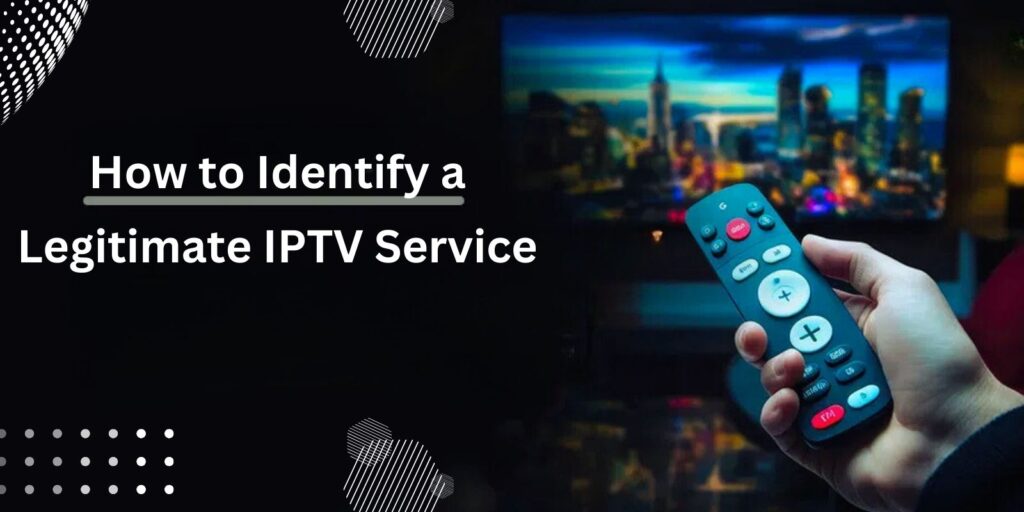
How to Identify a Legitimate IPTV Service
For those who are interested in using IPTV but want to avoid legal issues, it’s important to recognize the difference between licensed and unlicensed services. Here are some tips for identifying legitimate IPTV providers:
- Transparency About Licensing: Licensed IPTV providers are generally open about their licensing agreements and provide clear information regarding their legal status. If a provider is vague about its licenses, that’s a red flag.
- Pricing Structure: If an IPTV service offers a full suite of premium channels at a price that seems too good to be true, it’s likely unlicensed. Legal IPTV providers need to pay licensing fees, which is typically reflected in their pricing.
- Availability in App Stores: Licensed IPTV apps are available on major app stores, such as Google Play and Apple’s App Store. Unlicensed apps are usually only available through third-party websites, which can also expose users to malware and other security risks.
- User Reviews and Reputation: A quick Google search can reveal whether an IPTV service is legitimate. Reputable tech websites and forums often review IPTV services, providing information on whether they’re legal or not.
- Official Website and Payment Methods: Legitimate IPTV providers usually have a professional website and standard payment methods. Conversely, illegal services may only accept payment through unconventional methods, such as cryptocurrency.
Risks of Using Unlicensed IPTV Services
Opting for an unlicensed IPTV service can lead to several serious risks, including legal consequences, security vulnerabilities, and service interruptions.
- Legal Risks: Depending on local copyright laws, streaming from an unlicensed IPTV provider could result in fines or other legal actions. In some countries, authorities have pursued legal action against users of illegal IPTV services.
- Security Concerns: Unlicensed IPTV services often lack adequate security measures, making them a breeding ground for malware, spyware, and other security threats. In addition, illegal services rarely have strong customer support, leaving users with limited recourse if their data is compromised.
- Service Reliability: Since unlicensed IPTV services are unauthorized, they are more susceptible to disruptions. Authorities frequently take down servers used by illegal IPTV providers, leading to service outages and potential data loss.
- Financial Consequences: Many unlicensed IPTV providers operate on a subscription basis, requiring users to pay in advance. However, since these services are unregulated, they can disappear without notice, leaving users with wasted subscription fees.
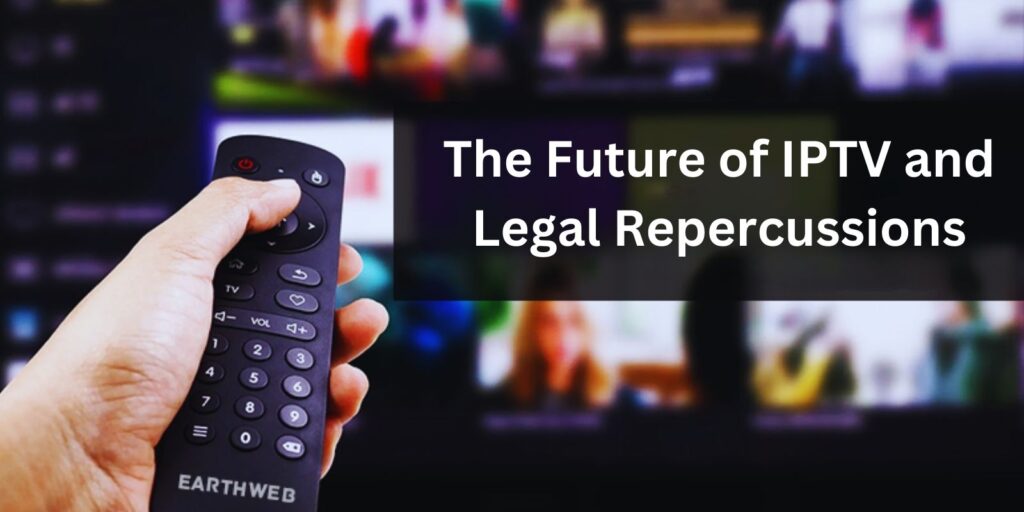
The Future of IPTV and Legal Repercussions
The Future of IPTV and Legal Repercussions
Governments and copyright enforcement agencies are paying closer attention to illegal IPTV services due to their impact on the entertainment industry. This increased enforcement has led to several large-scale crackdowns on unlicensed IPTV providers in recent years. In Europe, for example, authorities have shut down multiple IPTV operations, seizing servers and prosecuting the operators. This crackdown aims to deter both IPTV service providers and users from engaging in illegal streaming.
For consumers, the key takeaway is to avoid unlicensed IPTV providers to protect against legal and financial risks. Choosing a legitimate IPTV provider may cost more but ensures a secure, legal, and high-quality viewing experience.
Staying Safe and Legal with IPTV
For those seeking a legitimate way to enjoy IPTV, using a licensed service is the safest option. Consider these steps:
- Stick to Well-Known Providers: Reputable IPTV services such as YouTube TV, Sling TV, and Hulu with Live TV are safe, legal choices.
- Research Before You Buy: Before committing to any IPTV service, search for information on its licensing status. Google can provide a wealth of resources, including reviews and articles, to verify a provider’s legitimacy.
- Check for Customer Support: Licensed IPTV providers generally offer robust customer support options, indicating they are invested in the service’s quality and user experience.
- Understand the Terms of Service: A legitimate IPTV service will always provide clear terms of service, outlining user rights, legal obligations, and conditions for use.
Conclusion
The question “IPTV is it legal” is a popular query on Google for a good reason. Is IPTV legal technology offers a convenient and flexible way to enjoy a wide range of content, but its legality is contingent on licensing. Legitimate IPTV providers acquire the necessary rights to stream content, making them legal and safe for consumers. Unlicensed providers, however, operate outside of legal boundaries, exposing users to legal and security risks.
To enjoy IPTV without worry, opt for licensed providers, read reviews, and use reputable sources to verify service legitimacy. By choosing a is IPTV legal service, you ensure a reliable, high-quality viewing experience without the risks associated with unlicensed providers. Remember, the answer to “IPTV is it legal” comes down to licensing—always choose a service that follows the law to safeguard your viewing experience.

